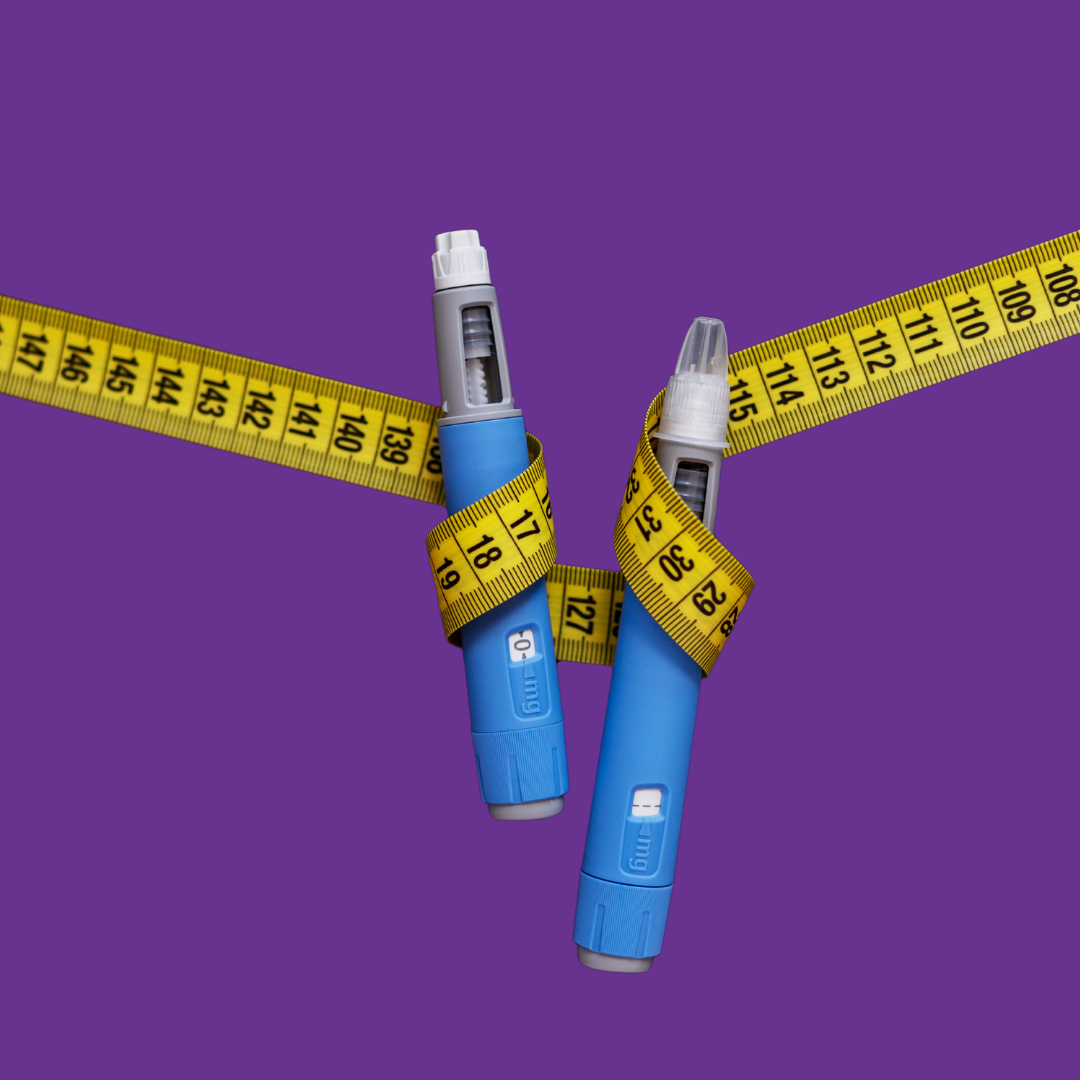If you have tried hormone therapy without complete relief, or you can’t or don’t want to take hormones- don't worry, you still have options to help you feel your best! The class of medications called SSRIs (selective serotonin reuptake inhibitors) or SNRIs (Serotonin-norepinephrine reuptake inhibitors) can help manage the multitude of menopause symptoms due to hormone changes. SSRIs and SNRIs work on neurotransmitters in your brain, which help to carry messages between cells that control temperature regulation and mood. While these medications are traditionally used to treat depression, they can also be very effective in treating menopause symptoms such as hot flashes, night sweats, mood swings, low mood, anxiety, and sleep troubles. Sound familiar?
You’ve discussed your options with your menopause specialist and are feeling hopeful that “yes, this is finally a solution for me!” While the ultimate goal is to help you feel your best, it is important to remember there is always a trial period when starting any new treatment. Starting a new medication can be scary but you are not alone in this journey! Your menopause specialist started you off at the lowest dose possible and will check in frequently.
Okay, now you’ve picked up your medication and are ready to begin- what should you expect next?
Week 1-2
Some of the most common side effects of your treatment include headache, nausea, and dry mouth. Unfortunately, even though we’re trying to TREAT symptoms, symptoms such as sweating, feeling nervous or restless, and poor sleep can initially worsen. All though these are NOT enjoyable, hang in there! Decreased libido and difficulty reaching orgasm is also side effect that can arise during this time and may not resolve on their own. Rest assured- we can always work together to address these at a later time.
Try to be as consistent as possible with your dosing, especially since taking daily medication could be new to you. Set an alarm on your phone, set it on your kitchen counter, put it in your lunch box, or place it by your toothbrush- the more consistent you are, the better you will feel after your body adjusts.
Week 2-4
At this point, hopefully, any unpleasant side effects have started to subside, but do you feel better yet? Probably not but that is to be expected! Sometimes you may notice an improvement in sleep, energy, and appetite but overall mood and lack of interest will take longer to improve. To get the most out of your new treatment plan, support your body as much as possible during this time by incorporating regular movement, eating a well-balanced diet, and following healthy sleep habits. During these first couple of weeks, the new medication is working hard to “remap” these brain signals. Hang in there!
Week 4-8
Look at you! You’re waking up ready to conquer your day, have practically forgotten what a hot flash feels like and your family is *kindly* complimenting your improved mood. Now is the time to check in with your menopause specialist. They love to hear all about your improvements, but also whatever lingering side effects or other concerns you may have. They will compare your depression and anxiety scores from when you first started therapy, as well as touch base regarding any other lifestyle changes you’ve made during this time. They’ll suggest any changes that could be beneficial, or if all is perfect, they will send in a refill. Once you are feeling good about your current treatment plan, your menopause specialist will ask you to follow up every 6 months to review any changes in your medical history, alert you to updated treatment guidelines, and make tweaks to your treatment if needed.
What If I Don’t Feel Like My Symptoms Are Addressed Completely?
Talk to your menopause specialist! This experience is always a journey- no two women are alike. Sometimes just coming up with minor lifestyle changes can go a long way. Your specialist may also suggest supplements to put the final cherry on top of your treatment plan. Other times, they will recommend adjusting your dose, switching your medication, or adding additional management to best treat your symptoms.
How long should I expect to continue my medication?
Up to you! It’s impossible to know how long your menopause symptoms will last but the good news is there are no long-term safety concerns with the medications your specialist prescribed. If your goal is to stop the medication, see below!
What if I want to stop my medication?
Just as starting treatment is a very personalized decision, stopping is as well. It can be dangerous to stop your medication abruptly, so if you are interested in stopping, let your menopause specialist know! They will come up with a plan together with you to help you discontinue the medication safely.
Questions? Want to Speak to one of our menopause specialists about your treatment?
The MyMenopauseRx clinical team is available 24/7 for messaging from your patient dashboard.
Loving your treatment and care?
Write a review on Google to help other women find out about MyMenopauseRx!




